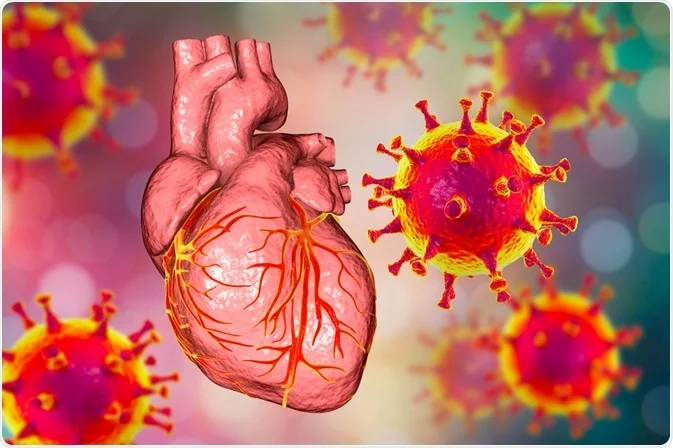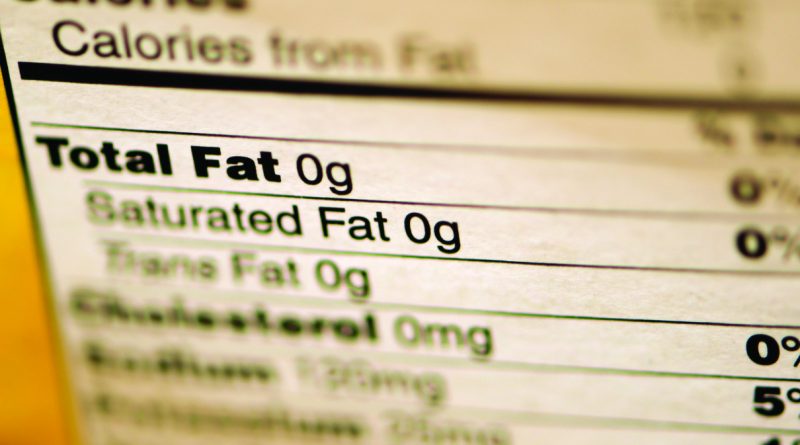Explore the connection between COVID and myocarditis, a condition characterized by inflammation of the heart muscle. Understand the role of the spike protein and mRNA vaccine shedding, as well as the potential implications for heart health and the importance of monitoring troponin levels.
Introduction:
The prevalence of myocarditis, inflammation of the heart muscle, appears to be increasing among individuals with chronic COVID, including those who have been vaccinated. Recent scientific literature suggests a correlation between the presence of the spike protein associated with COVID and the development of myocarditis. This article explores this connection and sheds light on the potential risks and implications for heart health.
The Role of Spike Protein in Myocarditis
Understanding the Mechanism of Myocarditis
Studies conducted on mice have shown that the injection of mRNA vaccines, which produce the spike protein, can induce myopericarditis. Moreover, evidence suggests that mRNA shedding from vaccinated individuals can lead to the production of spike proteins. This shedding process implies that the spike protein can be transmitted indirectly or directly through inhalation or skin contact. It is crucial to acknowledge that the replication potential of the spike protein within the body should not be underestimated, as it plays a significant role in the pathology and symptoms associated with chronic COVID.
Detecting Myocarditis: Diagnostic Methods
Identifying Inflammation of the Heart Muscle
To diagnose myocarditis, various methods can be employed. Chest X-rays, electrocardiograms (ECGs), and echocardiograms are commonly used to assess heart health and identify inflammation. Blood tests measuring troponin levels are highly sensitive in detecting heart muscle cell damage. Even minor increases in troponin levels can indicate the presence of inflammation and the gradual loss of heart muscle function over time.
Myocarditis and Long-Term Health Implications
Subclinical Inflammation and the Risk of Complications
Troponin tests have revealed that numerous individuals who have recovered from COVID infections or received vaccinations continue to experience sustained subclinical levels of myocardial inflammation. Even minor elevations of troponin levels can potentially result in long-term heart damage and increase susceptibility to acute heart function deterioration upon exposure to more spike protein, such as through booster shots. Therefore, it is essential to consider the quality of nutrition, immune system strength, and nutrient/vitamin/mineral supplementation, as they play crucial roles in resolving inflammation and returning troponin levels to the normal range.










